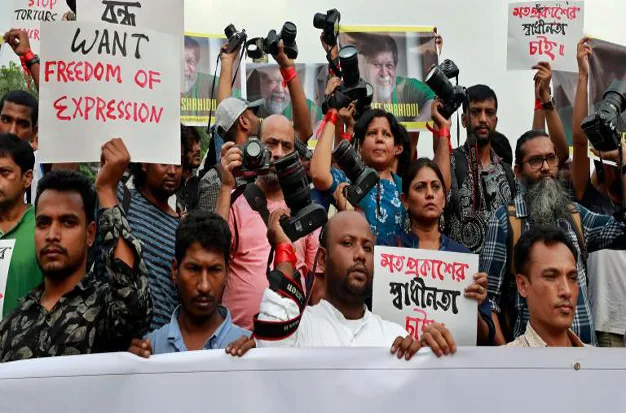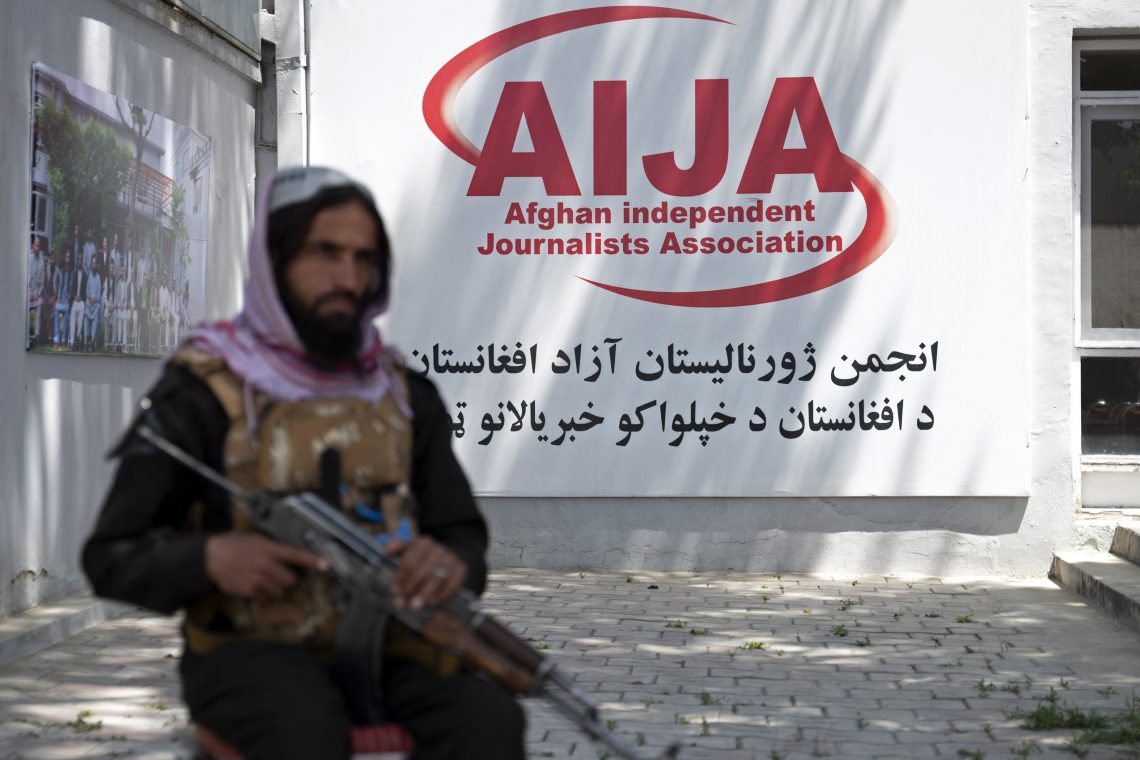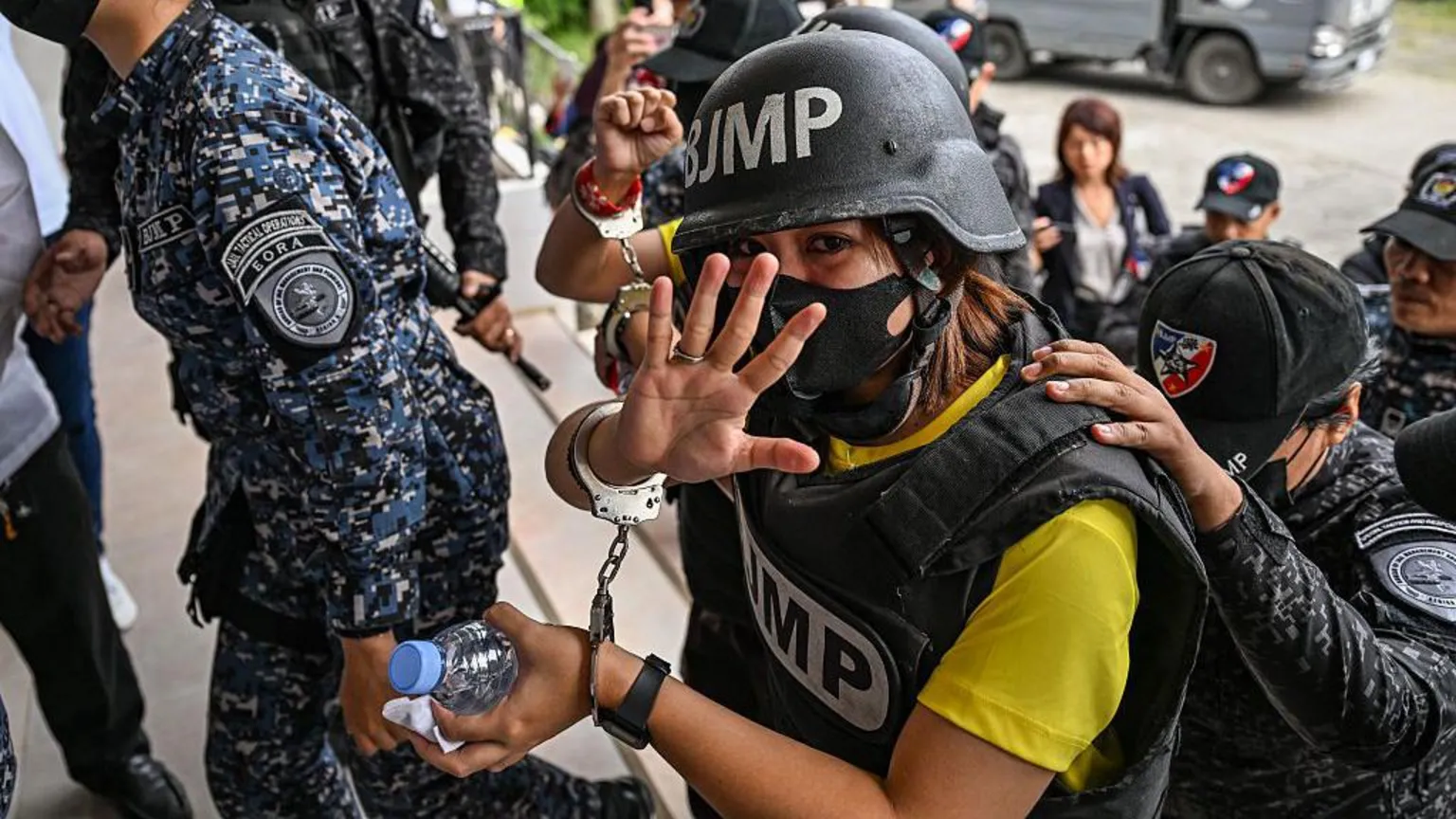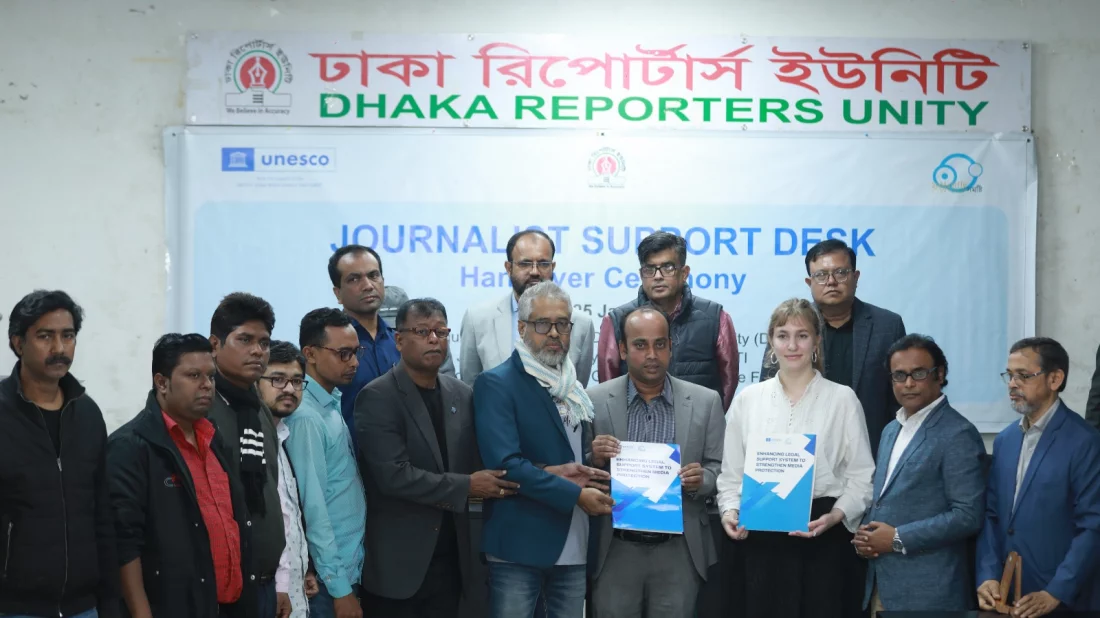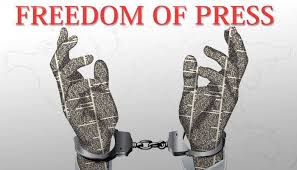
Attack on CrossRiverWatch Exposes Deepening Threats to Press Freedom in Nigeria
June 20, 2025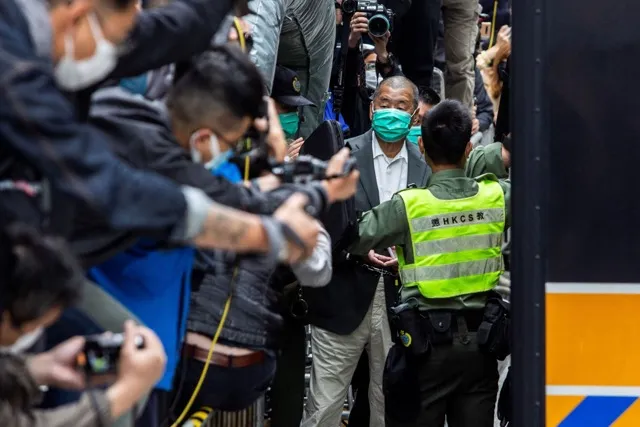
Journalist Jailings Near Record High in 2024: Asia Tops the List
June 20, 2025June 20, 2025 – Bangladesh –
Press freedom in Bangladesh has entered a perilous phase, with the interim government—led by Nobel laureate Muhammad Yunus—facing mounting criticism for sustaining and even intensifying repression of journalists. Despite initial hopes for reform following the ousting of Prime Minister Sheikh Hasina in August 2024, the government has continued to use harsh legal measures to silence dissent.
The Digital Security Act (DSA) and the Broadcast Act remain powerful tools of suppression. Since the political transition, more than 640 journalists have been arrested, and over 180 criminal cases—ranging from defamation to terrorism—have been filed against media professionals. These laws, originally presented as safeguards against cybercrime and misinformation, have been widely condemned by international watchdogs for being weaponized against journalists exposing corruption or criticizing state actions.
Prominent among the victims are Ekattor TV journalists Farzana Rupa and Shakil Ahmed, who were arrested on murder charges. Rupa’s courtroom statement—”One murder case is enough to hang me”—highlights the severe psychological and legal pressure journalists now endure. International press freedom organizations, including CPJ and RSF, have condemned their arrests as politically motivated.
Beyond arrests, systemic barriers have intensified. At least 167 journalists have had their press accreditations revoked, effectively barring them from government events and official institutions. Financial retaliation has also emerged, with the Bangladesh Financial Intelligence Unit reportedly freezing journalists’ bank accounts. Physical threats and cyber-harassment are increasingly common, with state-aligned student groups and police accused of direct intimidation.
The situation has created a climate of fear and self-censorship. Investigative journalism is dwindling, and independent newsrooms face closure due to financial and legal pressures. The initial promises of media reform and democratic renewal under the interim leadership now appear hollow.
Bangladesh’s descent into media repression threatens the core of democratic governance. Urgent action is needed to repeal repressive laws, reinstate press credentials, and provide legal safeguards for journalists. Without these steps, the country risks entrenching a cycle of authoritarian control dressed in transitional rhetoric.
Reference –
The truth will out: How press freedom is suppressed in Bangladesh

